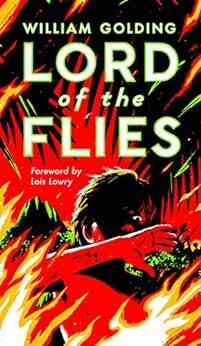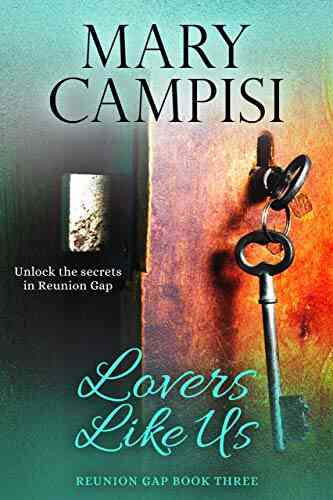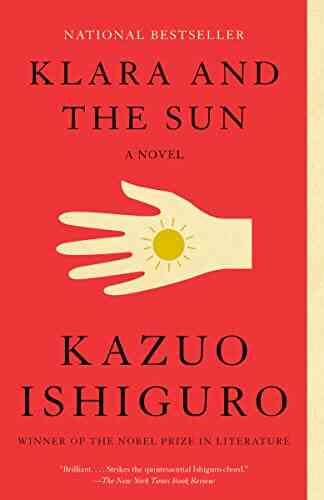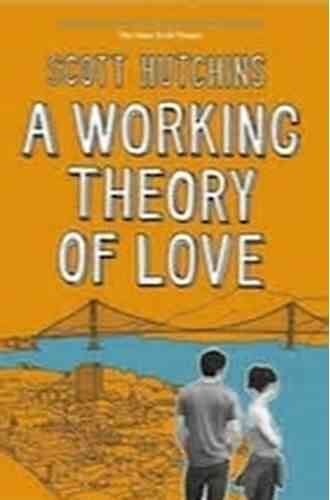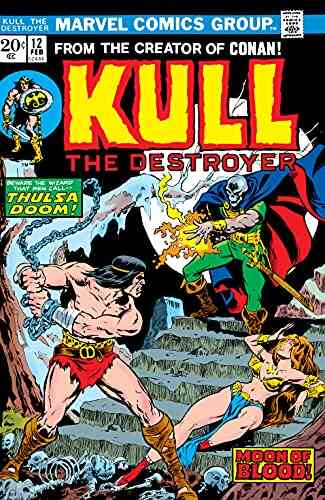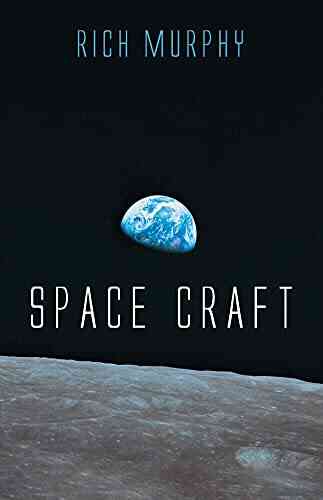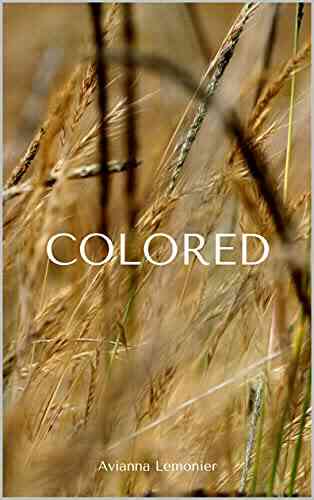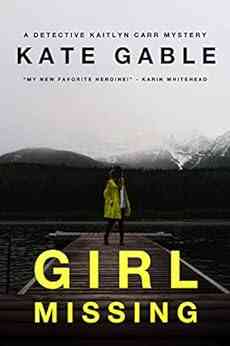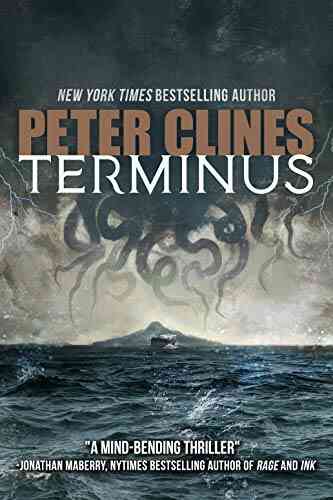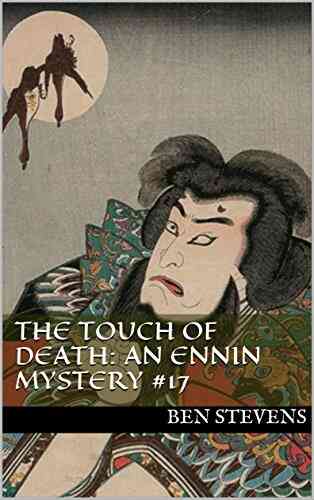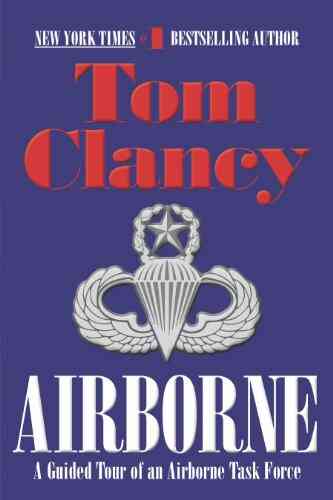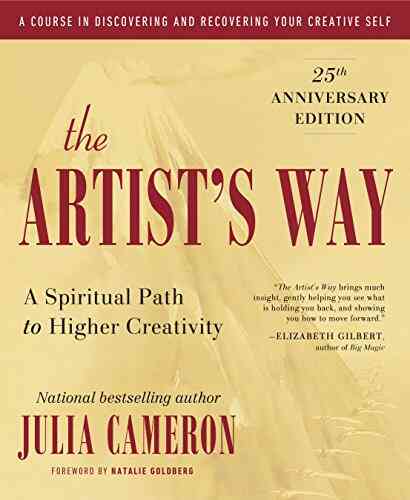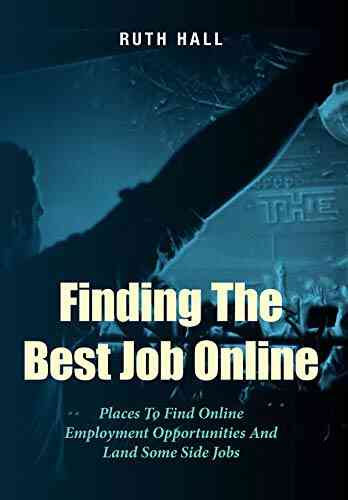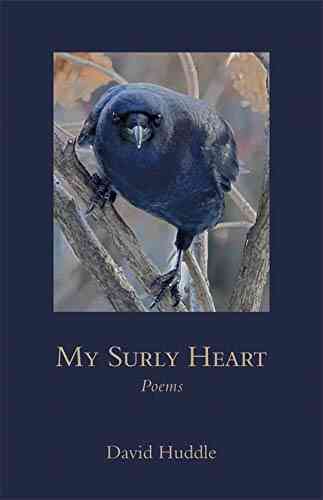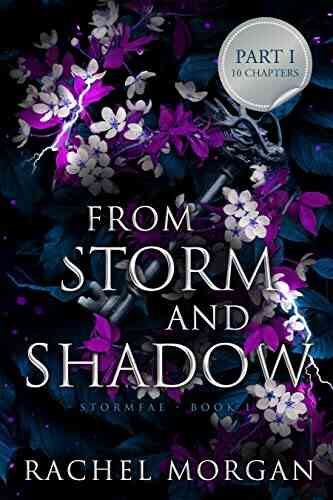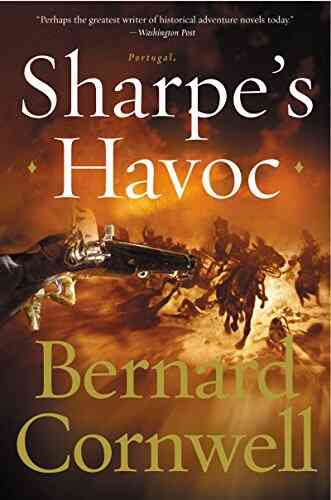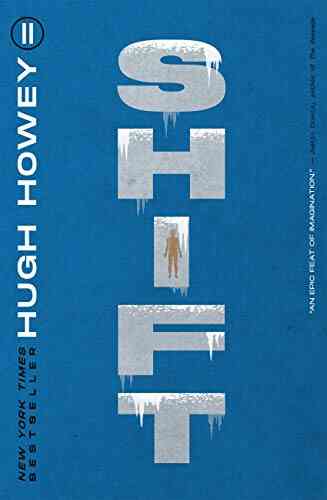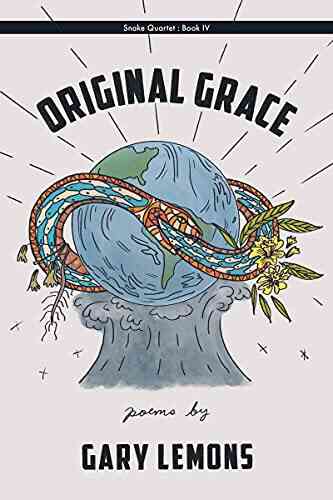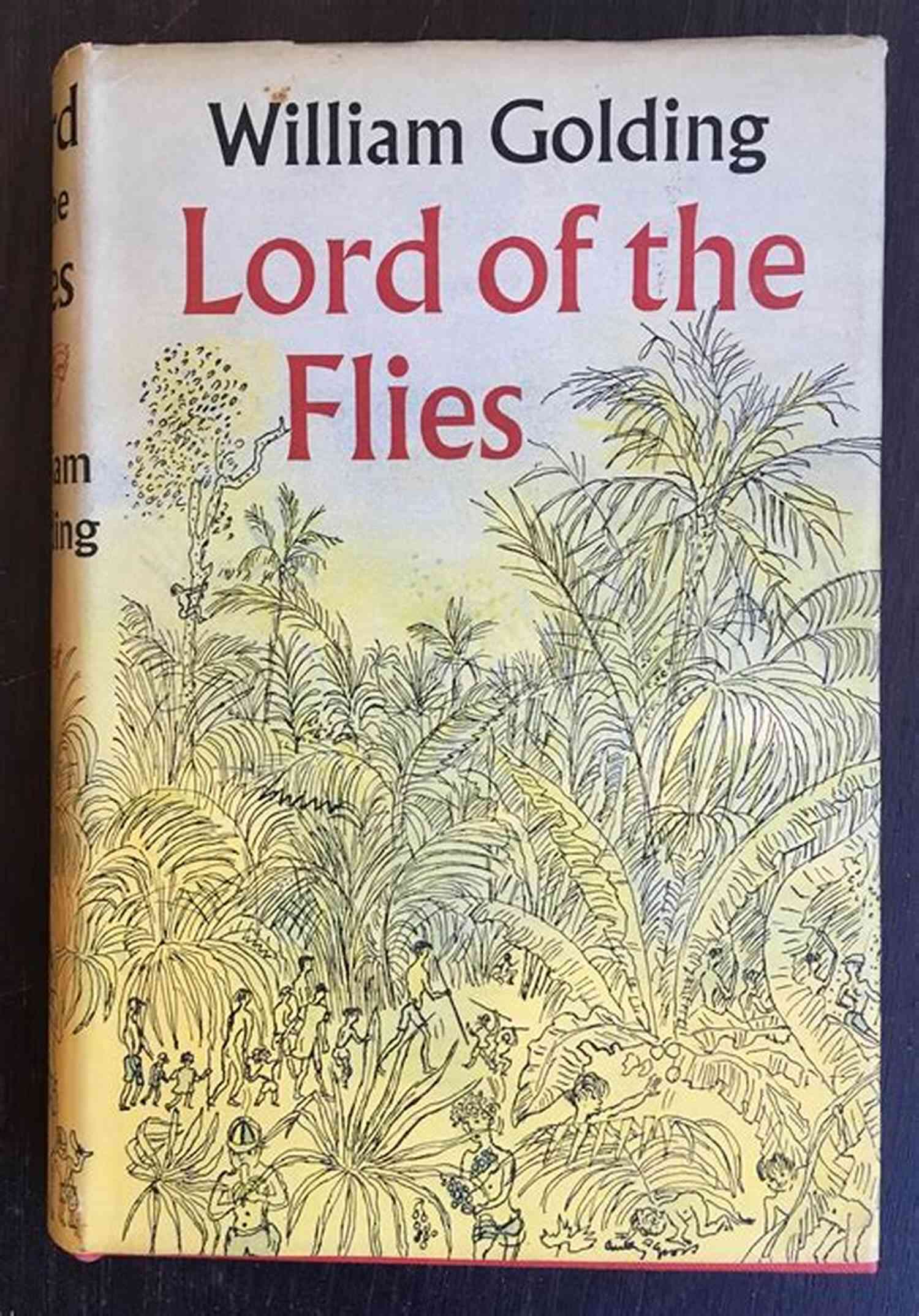
In the realm of timeless literary classics, few novels have left a lasting impression as profound as William Golding's Lord of the Flies. Published in 1954, this gripping tale of survival and morality continues to captivate readers around the world. Dive into the dark depths of this masterpiece as we explore its haunting themes, memorable characters, and enduring significance.
Unveiling the Plot
The story begins with a group of young British boys, marooned on a deserted island after their plane crashes. Stripped off their societal norms and adult supervision, they are left to fend for themselves. As the days turn into weeks, their struggle for survival leads to a descent into savagery and an exploration of the human condition.
4.6 out of 5
| Language | : | English |
| File size | : | 2181 KB |
| Text-to-Speech | : | Enabled |
| Screen Reader | : | Supported |
| Enhanced typesetting | : | Enabled |
| X-Ray | : | Enabled |
| Word Wise | : | Enabled |
| Print length | : | 189 pages |
As you journey through the pages, you will be spellbound by the intricate and sinister web of events that unfolds. Friendships are tested, alliances are shattered, and underlying primal instincts are awakened. The gripping plot will keep you on the edge of your seat as you witness the erosion of civilization and the fragility of morality.
Portrayal of Characters
Golding masterfully brings to life a diverse cast of characters, each representing a different aspect of society. From the rational and compassionate Ralph to the enigmatic and violent Jack, each character serves as a vessel through which the author explores the dark flaws of humanity.
As you delve deeper into the story, you will find yourself empathizing with these young boys, their internal struggles mirroring the complexities of life itself. The characters' development throughout the novel is both fascinating and disturbing, as they grapple with their own demons and the unyielding island.
Themes That Haunt
At its core, Lord of the Flies delves into the timeless themes of power, civilization, and the inherent evil within humanity. Golding paints a vivid portrait of a microcosm of society, stripped down to its barest form. Through vivid imagery and captivating symbolism, he challenges our notions of moral superiority and forces us to confront the darkness lurking within.
From the haunting "beast" that haunts their dreams to the descent into chaos and violence, the novel leaves a lasting impression. Its exploration of the fragile nature of civilization serves as a cautionary tale, a reminder that even the most civilized among us can succumb to the darkness if circumstances allow.
The Enduring Significance
More than six decades since its publication, Lord of the Flies continues to resonate with readers, transcending generations and cultural boundaries. Its timeless exploration of human nature and the struggle between inherent good and evil makes it a masterpiece of profound significance.
As you turn the final page, you will be left contemplating the fragile balance between order and chaos, the complexities of morality, and the choices we make in times of adversity. Lord of the Flies is not simply a novel; it is a thought-provoking journey into the depths of the human psyche.
William Golding's Lord of the Flies is a literary masterpiece that continues to grip readers with its chilling portrayal of human nature. From its captivating plot and compelling characters to its timeless exploration of themes, this novel demands to be read and savored.
Prepare yourself for a thought-provoking experience as you immerse yourself in the pages of this enduring classic. Join the countless readers who have succumbed to the allure of Lord of the Flies, and embark on a journey that will forever change the way you view humanity.



